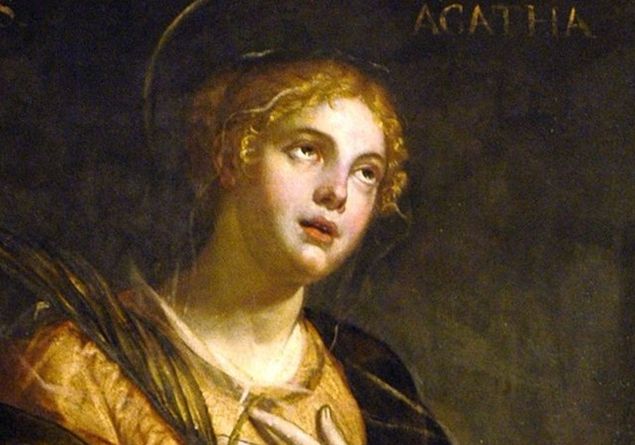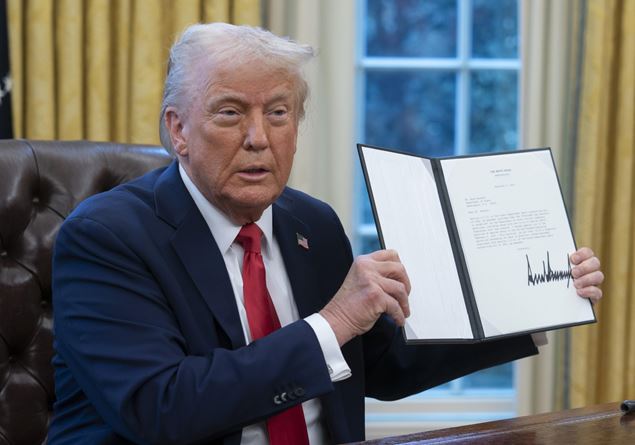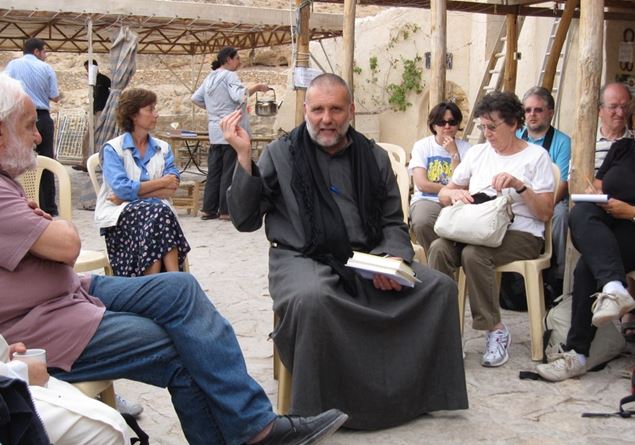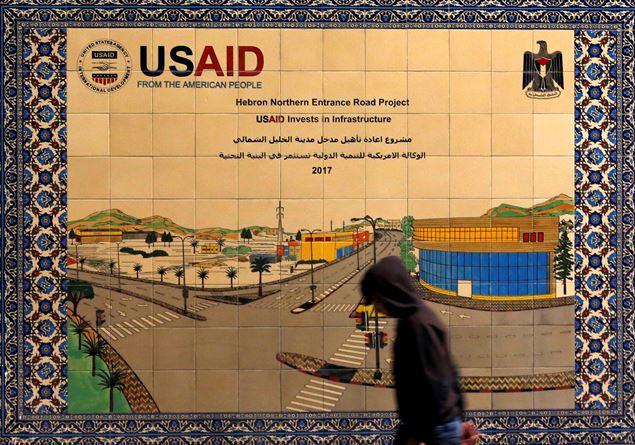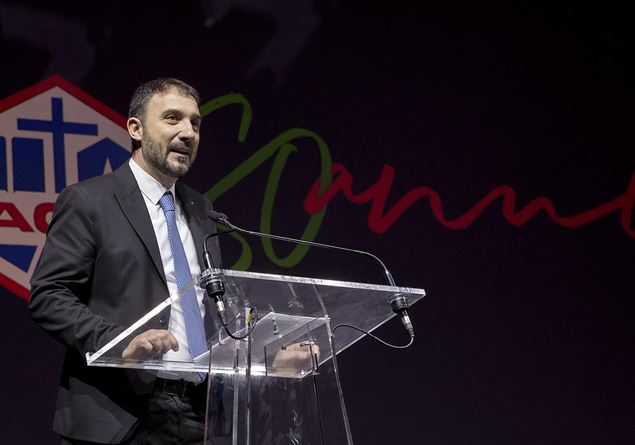
With them, on November 29th in Rome, there was also the head of state, Sergio Mattarella. Because the ACLI, in their 80 years of life, have contributed significantly to the development of our country. And today they don’t want to back down in the face of new challenges. «We were born in difficult times, between 1944 and 1945, in the middle of the war. And our history”, says Emiliano Manfredonia, the re-elected president of the association (with 95 percent of the votes), “is within the history of the Republic”.
In what context do you celebrate this birthday?
«Even if these are not the hard times of when we were born, there are still winds of war. This too is a difficult time, of disintegration of social cohesion and inequalities. We are in a society in which the rich no longer even know how to count their money, their income, and there are people who are just looking for a decent job and can’t find it.”
On the eve of these 80 years you have lost two of your historic presidents.
«Unfortunately, after a week, in October, both Emilio Gabaglio and Domenico Rosati passed away. They led the ACLI in difficult years. The presidency of Livio Labor had abandoned collateralism with the Christian Democrats. Gabaglio confirmed that choice and put forward the socialist hypothesis. The hierarchies didn’t like it, Paul VI himself “deplored” us. It then fell to Domenico Rosati, our eighth and longest-serving president, to mend that rift. Without going back to collateralism, but doing politics alongside the last and penultimate. We do not deny that passion and we continue to commit ourselves to the efforts of people, to the world of work, in the social sphere to urge politics to respond to problems.”
Did Father Pio Parisi help you much in that difficult story?
«He was a great point of reference. Our first spiritual companion after the “deploration” and withdrawal of assistants by the Church. He taught us the view, where to look at the world. And that is from the little ones. From there comes the source that does not make our wells sterile. And which allows us to walk with wounded humanity, which rejoices, which works, which builds.”
Over the years you have been great protagonists on the public scene. Today, how much do associations and intermediate bodies matter?
«Certainly we are no longer a transmission belt for a party, but we continue to be goads. We believe that there is still room to influence politics starting from citizens’ needs. There is a great crisis of participation, we also see it with abstentions during elections. I believe that, precisely for this reason, our task is to stay there, among the people, even if we are a little more tired than in the past, to keep the bar straight on certain values. Let’s think about the theme of environmentalism, which today is a cultural and existential challenge. And we also think about our specific issue, that is, the theme of work.”
What are you focusing on?
«We did a study that we called “Working odd” on the difference in income between women and men with equal working conditions. We have seen that women’s work, especially in the South, is less paid than their male colleagues. And then we are focusing on the working poor. Previously, those who found employment rose out of poverty. Today this is no longer the case. Our study proposes a third way compared to the current proposals for minimum wages and citizens’ income which is the “constitutional wage”. Article 36 of our Charter says that the worker must have compensation that guarantees him and his family a dignified life. We have developed a somewhat complex calculation between the average salary of the negotiations and other indices that include the cost of living to calculate the right remuneration. Knowing also that unworthy work also sets back welfare, pits the poor against the poor, weakens the public welfare system. We ask for a structural reform on the issue, not adjustments from year to year based on the Budget Law.”
What about safety at work?
«Attention is our priority. And we would like more to be done on prevention. Virtuous companies should be encouraged and anonymous complaints should also be taken into consideration. Safety does not only depend on worker training. There must be a serious fight against exploitation and gangmastering, contracts and subcontracts must be monitored better.”
What are the values of the ACLI that have remained and will remain for the next 80 years?
«The main value is that of the person. The Constitution was also built according to this principle which had united different political cultures. We continue to say that there are rights, that they belong to everyone and that they have strength in themselves, which is why they must be recognized. We think that this is our mission: attention to a bottom-up, substantial democracy. And, together, fidelity to the Gospel, with closeness to the wounded, the least, with whom we can walk without judging them, but by opening the doors of our structures, of our parishes. To truly be a Church that gets its hands dirty, but is outgoing.”

